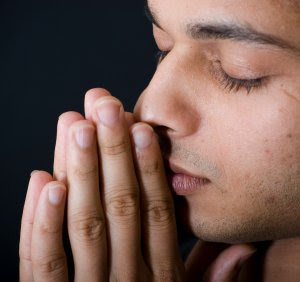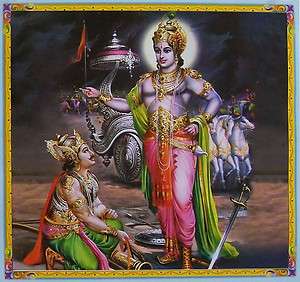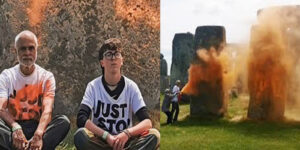Alcoholics and other addicts refer to it as a moment of clarity. As I stood in the police cell amidst a cacophony of sound and rising nausea the unlikely effects of such a ‘moment of clarity’ washes over me. Here I stood in a London Police station in the early hours of Sunday morning looking at the collapsed heap of my client, as he lay writhing in a heap of his own vomit and urine. Here I stood, a solicitor and Officer of the Supreme Court of England and Wales in all my pride over my client accused of beating his wife in an allegedly vicious and unprovoked attack.
I stood confidently as sufficient doubt existed for the likelihood of charges not to be framed against my client. He had mumbled a drunken confession to me about the assault, not his first against his partner but I knew that we could emerge victorious in Court
Fifteen years in the job dealing with a relentless line of petty criminals, prostitutes, drunks and the rest can leave a man with a thick skin in respect to the moral underbelly of society. Being born in Punjab and brought up in London UK , I was attuned to the nuances of Punjabi society but left indifferent to the rhythm of Dharma and religion
 Although a regular attendee at the local temple and with a smattering of knowledge of religion I felt my life moved at a separate pace from the archaic ideas of religion and morality. As financial security increased, the ends seemed to justify the means. I had little to worry about the moral and ethical issue affecting my work.
Although a regular attendee at the local temple and with a smattering of knowledge of religion I felt my life moved at a separate pace from the archaic ideas of religion and morality. As financial security increased, the ends seemed to justify the means. I had little to worry about the moral and ethical issue affecting my work.
The truth was sacrificed at the altar of what could be proven in a court of law. A succession of rapists, wife beaters, and drug dealers walked free from Court and with each victory my reputation enhanced together with my financial standing.
What I learnt from Dharma seemed at variance to my newly found moral ethics of the ends justifies the means. But today felt different. The news of one of my clients, whom I had assisted in beating a charge of rape had reoffended with the victim being a fifteen year old girl, had left me shaken. Coupled with the drunken rages of my present client at the police station, a moral rubicon had been crossed. His repeated wife beating left me feeling nauseous, as the seed of morality that had hibernated within me seemed to grow and sprout shoots.
I found myself unable to deal with the ethical and Dharmic consequences of allowing another known offender to continue to plague society in the full knowledge that he was guilty. The moral and karmic consequences seemed to weight heavily upon me, and my duty as a Hindu arose within me.
 The forgotten passages of the teachings of Sri Krishna in the Bhagavad-Gita reminded me of my duty towards Dharma. The moral imperatives and law of karma seemed more important to me than ever. My actions and the law of Dharma now pushed me to walk out of the Police station passed the drunken heap of my would be client and the startled glances of the Police Sergeant.
The forgotten passages of the teachings of Sri Krishna in the Bhagavad-Gita reminded me of my duty towards Dharma. The moral imperatives and law of karma seemed more important to me than ever. My actions and the law of Dharma now pushed me to walk out of the Police station passed the drunken heap of my would be client and the startled glances of the Police Sergeant.
Can a person live a life keeping his Dharma in a separate compartment to one’s professional life? The answer for me that night and since that time was an emphastic NO.
We cannot live our lives in an endless race of success in the secular field believing that our actions and behaviour have no consequences on our karmic fate and responsibilities, with our sins and errors washed away by Sunday attendance in the local temple, as so many people in our Hindu community here in the UK and around the world seem to do.
Although I was not the perpetrator of crimes and/or violence, the fact of my assisting people whom I was inwardly aware were guilty in beating the judicial system and escaping custodial sentences only to reoffend seemed to weigh heavily on my mind. Was I therefore party to further offences committed by my clients who have escaped jail through my efforts and abilities? In a karmic sense I felt yes. My normal response to such queries or soul searching no longer satisfied my reasoning and I feel the weight of my karma imposing it self on me.
I feel that our day-to-day lives cannot exist independently from the Laws of Dharma. Each of our actions impacts ourselves and those around us.
Sri Krishna has taught us that we daily stand on our own battlefield of Kurukshetra assailed with the same doubts and fears as Arjun five thousand years ago. By taking Dharma as our guide we can march past the petty doubts of day-to-day challenges and march forward to a future without fear and the ability to introspect.
by N Sharma





























